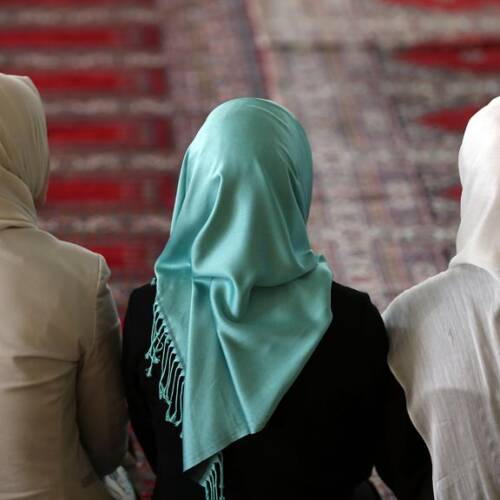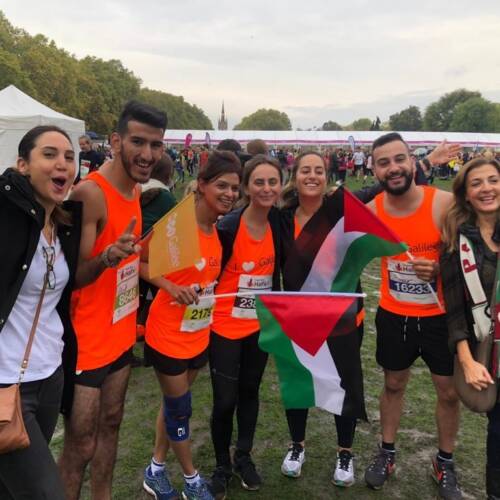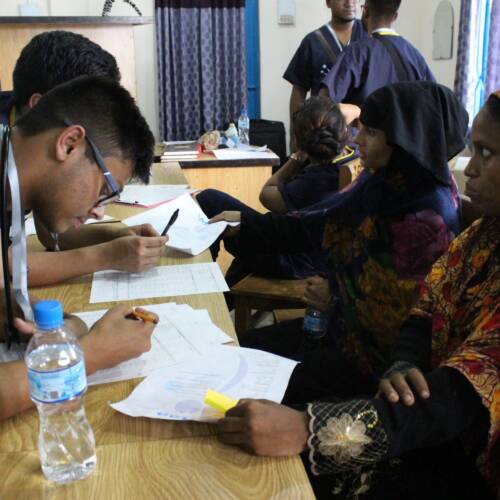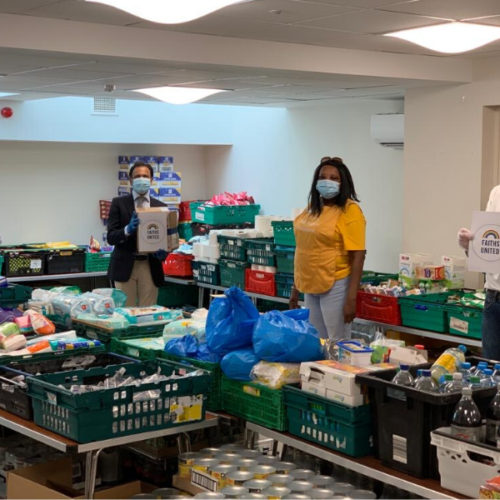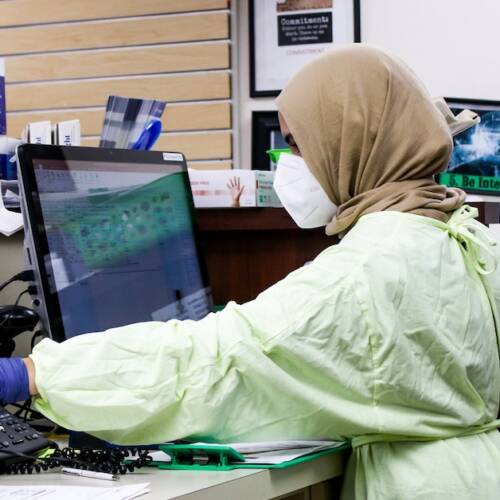
Muslim Volunteer Networks Helping the Vulnerable During the Corona Crisis
22 Mar 2020The following is an interview transcript with one of the founders of Muhafiz, a Muslim organisation amongst many across the UK, working extensively to help the vulnerable voluntarily during the current Covid-19 crisis
Tell us about yourself and your organisation
My name is Muhbeen Hussain and I’m the founder of British Muslim Youth. Muhafiz is a project that works with British Muslim Youth and Rotherham Muslim Community Forum that was set up in Rotherham. It was initially set up to protect mosques, coordinate responses and ensure mosque security after far-right attacks, especially with attacks like Christchurch and everything else becoming worryingly common. The aim is to address the threat of extremist and terrorist attacks here in the UK.
What was your initial response to the corona outbreak?
Obviously with the Covid-19 outbreak, we realised local authorities, local services and the government itself was struggling to deal with it, and the reality is that it needs people within the community to come together. Muhafiz basically means ‘guardian’ and therefore, it is our responsibility to utilise our volunteers to help all those in need regardless of their faith, ethnicity, culture or background. Covid-19 is something that is serious. We understand that there are many people that are in isolation, who are vulnerable and need support in this time.
How did you set up a volunteer network for the outbreak?
As I said, we were already set up for a different purpose. But it was about utilising the volunteers we had and adapting it to respond to this crisis. So far we have almost 70-80 volunteers – this is without putting out a huge call for volunteers. We’re sure we’re getting more as the days go by. The network that we set up in Rotherham is working within Rotherham only. We can also see many charities and mosques across the country are working in similar ways by utilising their volunteers to respond to the crisis. I think the most effective way to help is if communities support their own local areas, and the volunteer networks that have been set up.
What kind of support are you offering to those that are vulnerable and are in self-isolation?
Our primary service is almost like a delivery service. You call, tell us what you need, we collect your grocery shopping and drop it off as a contact list delivery. It is for people who are in isolation and are vulnerable, such as the elderly, who can’t go out and get their shopping. The most needed items are especially medicines, paracetamol and these kinds of things.
How can someone get in contact if they require assistance?
We share our contact number where we can and our material. We are active on social media – such as on Facebook. The local council in Rotherham has our posters and leaflets so we hope that they can share that around so people can ring our service. We are also in the process of purchasing our own medicines and essentials so that we have a small stock. However, stock is very limited, and that is one of the difficulties that we are facing – to actually get hold of stock ourselves. If we have stock, we would be better able to deliver what’s required.
What are some other difficulties you are facing with providing this service?
I think one of the difficulties when it comes to this service is when people don’t really want to reach out. Some people might feel ashamed to use such a service. But people should understand that in this time, if you are isolated, vulnerable or in need, we are one community and people are there to support them. Hopefully, it becomes the norm that they are willing to reach out and rely on those who are able to help.
What advice would you give to our readers who want to help but are unsure how to?
Firstly, make sure you are following the rules and public health guidelines before you do anything else because the most important thing anybody can do is to stop the virus spreading. Secondly, educate your family, friends, and your community members to make sure they are also taking the proper measures. Thereafter, see what you can do to support those groups that have already set up a volunteer network in your local area. I think the reality is that right now, there are networks set up across the country in every single area. If they aren’t set up in your local area, then you could start something up yourself. But I strongly advise working with those that are already there in your areas.





